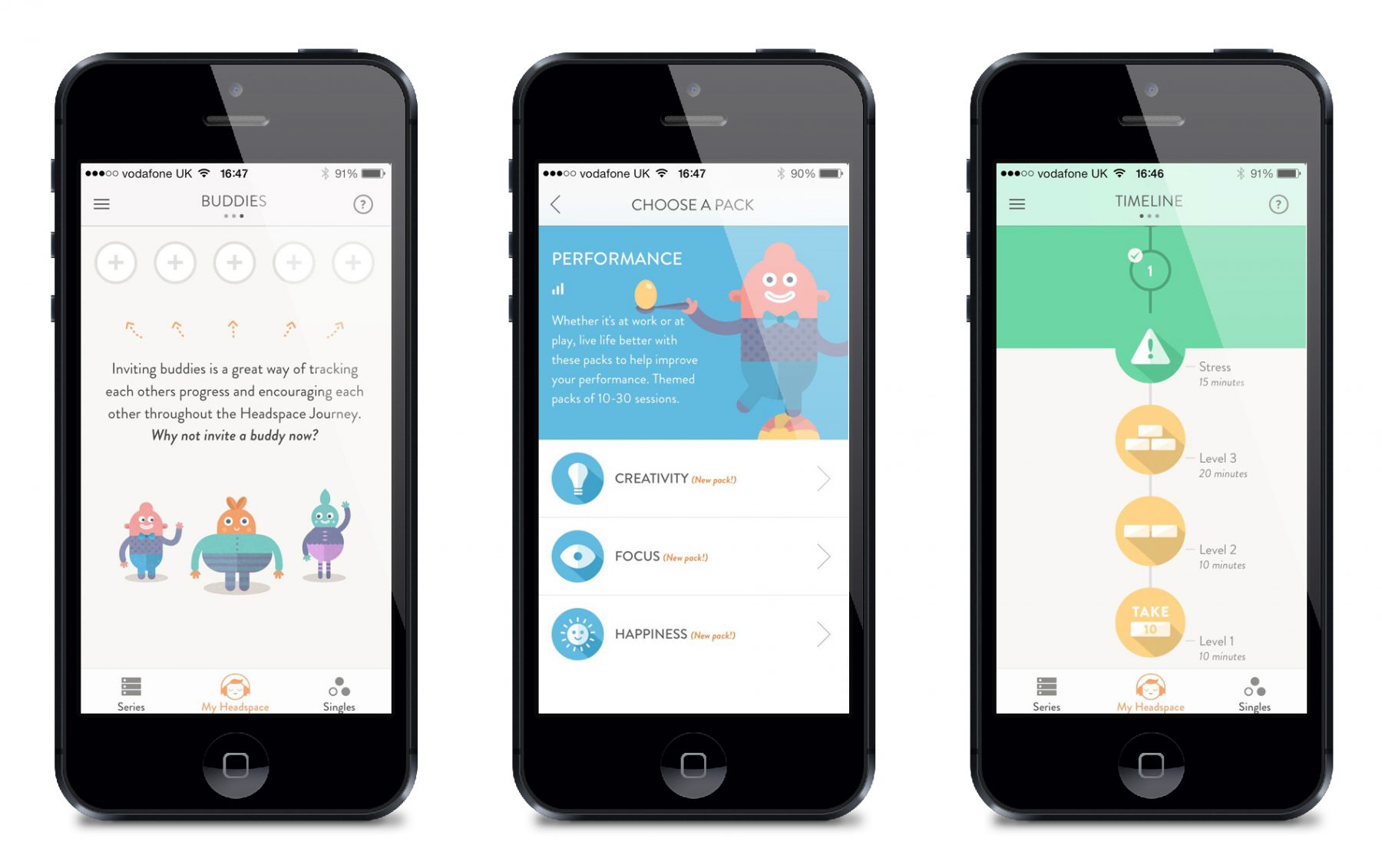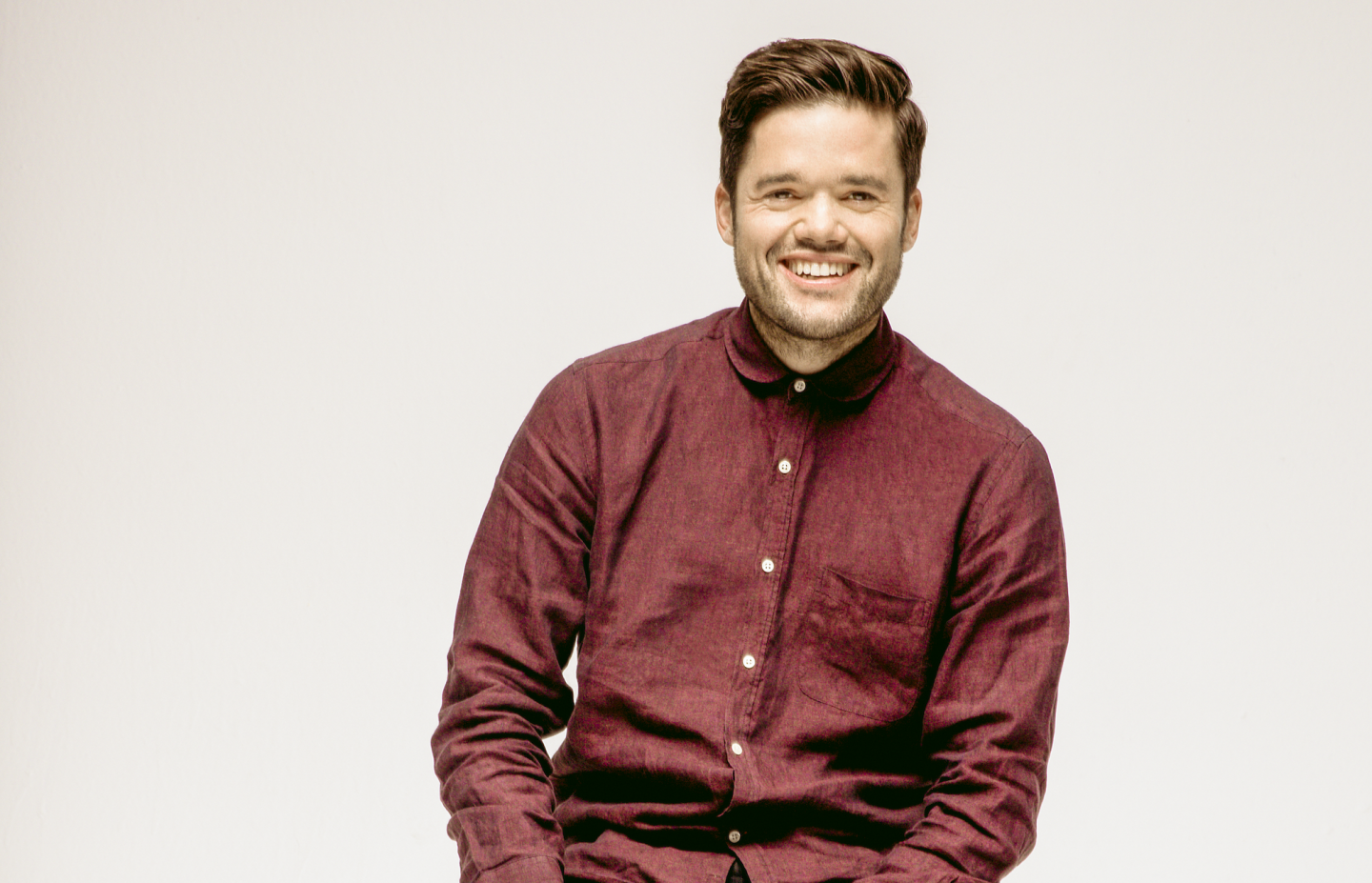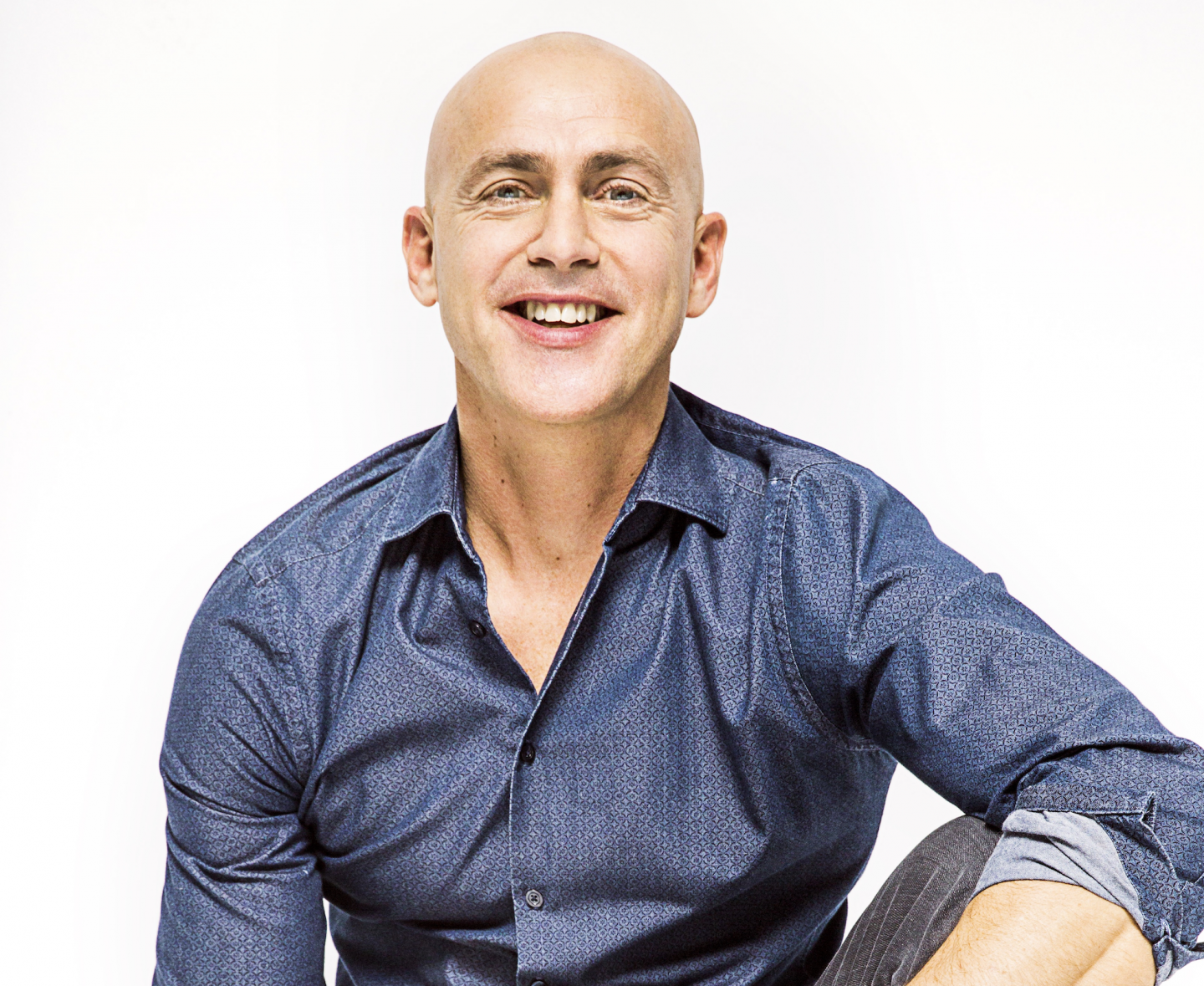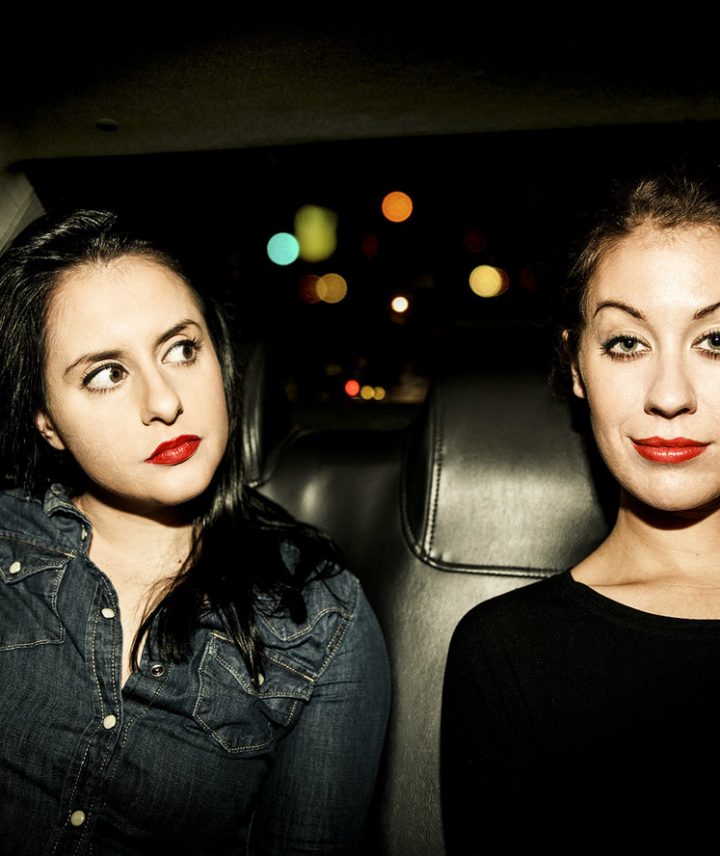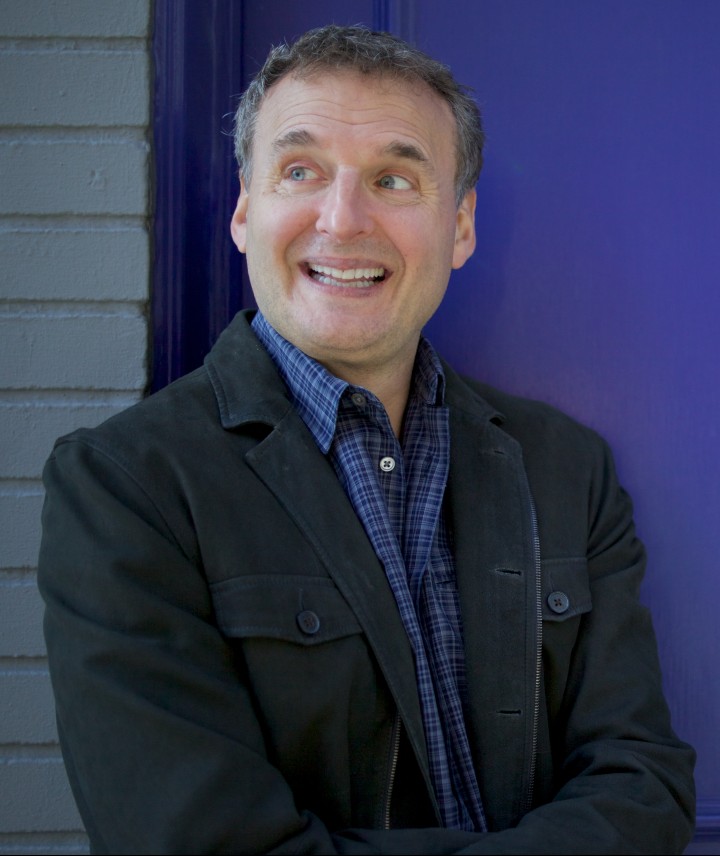You’ve probably heard about Headspace, the meditation app founded by a Buddhist monk (Andy Puddicombe) and an advertising executive (Rich Pierson). Short recordings guide users for a few minutes each day. And, like Spotify, it offers both free and paid subscription options. So, how did Headspace start?
“Seven years ago, I was having a bit of a breakdown and a friend told me about Andy’s clinic,” Pierson recalls. “And from the day we met, he said, ‘Meditation’s so easy. More people should do it.'”
It’s true: You can meditate anywhere, without shoes, equipment or clothing. And, according to Headspace, it’s simple when taught the right way. But can a trendy startup really popularize the ancient practice? 13.9M downloads say yes.
“To be honest, I didn’t think it would work,” Puddicombe explains. “When Rich first asked me to record, I struggled to see generic audio replacing the 3,000-year-old way of doing things—to envision meditation taught impersonally.”
$38M in funding later, Disruption asks the company’s cofounders how they turned a meetup for meditating Londoners into L.A.’s hottest startup.
